
Examining the Academic Achievement Decline in New England Prior to COVID-19
COVID-19 was not the beginning of student performance declines in the United States. Academic achievement for students across the country began to drop-off following the widespread implementation of the Common Core curriculum in 2013. While declines have occurred across the country, New England has experienced a particularly sharp decrease in student achievement.
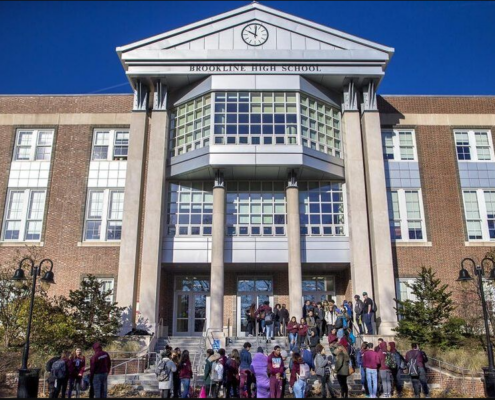
Why The Best Public Schools Are The Best
Massachusetts’ education system is famously excellent,…

Studying the Humanities in the 2020s
At a time of tumultuous and sometimes vitriolic debates on American campuses, here are seven guiding principles to help college student thinking about studying history or any other humanities subject.
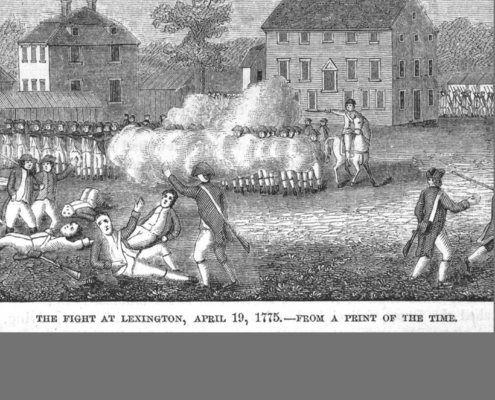
Better Civics Education Is the Massachusetts Way
The fight for more comprehensive civics education in the Bay State has persisted for years. The Legislature's recent override of Gov. Maura Healey’s cut to the state’s modest civics instruction budget suggests that in many in Massachusetts — including parents, teachers, and lawmakers — support strengthening the state’s civics and history curriculum, particularly with mounting evidence of declined student performance across the country.
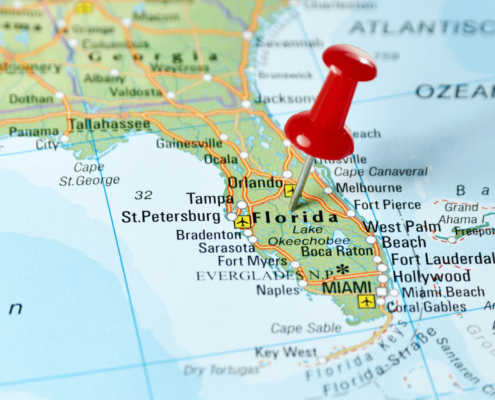
Except in Florida, There’s Really No (High School) Debate
In much of the country, the state of America’s High school debate is not strong. Teachers and education professionals have become indoctrinated in an identity-obsessed, grievance-seeking body politic. But in Florida, students must thoroughly research debatable positions and are actually expected to engage with those who disagree.
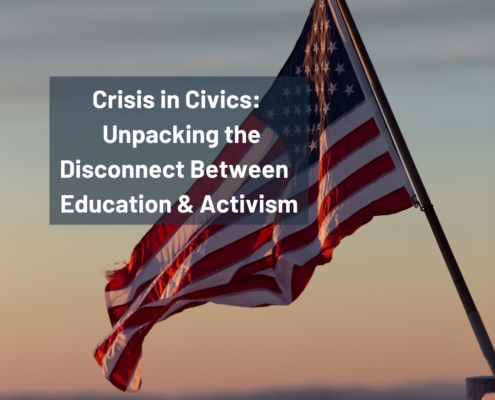
The Disconnect Between Education and Activism
I’m sympathetic when I hear individuals lament cancel culture, radicalized student bodies, and anti-free speech climates in our institutions of higher learning. In many ways, it's right to do so. But in our defense, I might suggest that our lack of aptitude is the result of increasingly substandard history and civics education.
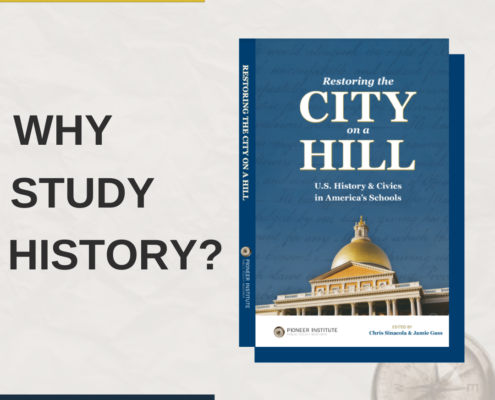
Why Study History?
Intern Jude Iredell emphasizes the importance of history education for informed citizenship, citing Pioneer's survey on Massachusetts residents' historical knowledge. He encourages supporting organizations and initiatives promoting civic engagement and history literacy.
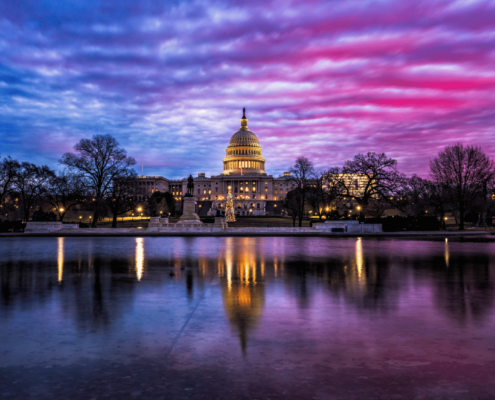
History Class: A New Culture War Front
Progressives and conservatives have sponsored politically influenced alterations to history curricula across the country. Recovering trust in history education is an imperative, and teachers and educators can help by making students aware that the facts of history are themselves political, constantly manipulated to advance parties’ and politicians’ own interests. Curricular standards that offer this guidance would weaken biased assaults from either ideological side.
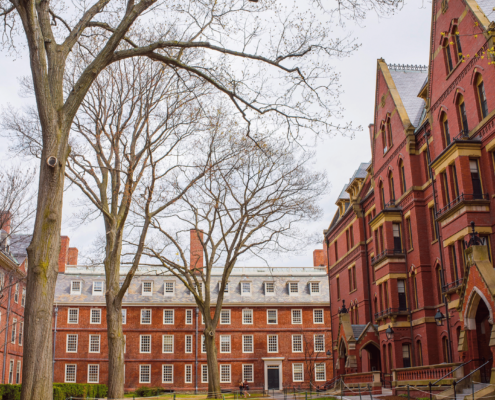
The Rise of the Grievance Essay?
In the wake of the Supreme Court’s decision that racial discrimination in college admissions is unconstitutional, Harvard and other elite colleges and universities have adopted new essay prompts that openly invite applicants to air identity-based grievances in hopes of aiding their admissions chances.

A History of Massachusetts’ Peculiar Beach Access Laws
Massachusetts rivals Maine for the lowest percentage of publicly owned and accessible coastal land. What seems a geographic coincidence is actually the product of contentious property rights disputes going back nearly 400 years, to the days of Puritan law.
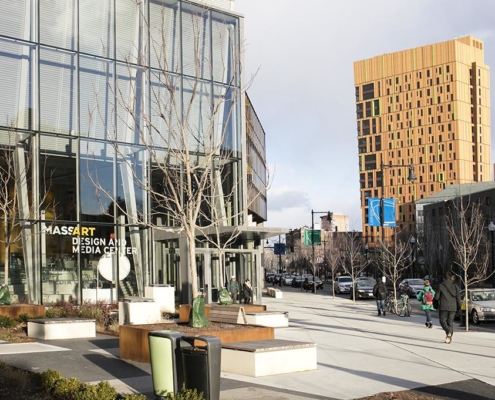
University Presidents Salary Comparison, Pt. 2
See how Massachusetts state schools' presidential salaries match up. Presidents with schools who have less than a 1,000 student enrollment are near the top of the list.

The War on Math in Boston-Area School Boards
Despite long-standing bipartisan agreement that all students need and deserve challenging curricula for educational success, many Boston-area school boards are dismantling advanced math programs in the name of equity and inclusion; such moves only exacerbate educational disparities while ignoring the persisting achievement gaps across racial demographics.
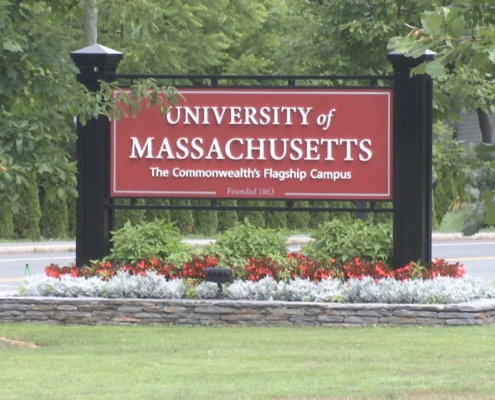
University Presidents Salary Comparison, Pt. 1
See how much each president of a New England public university makes.
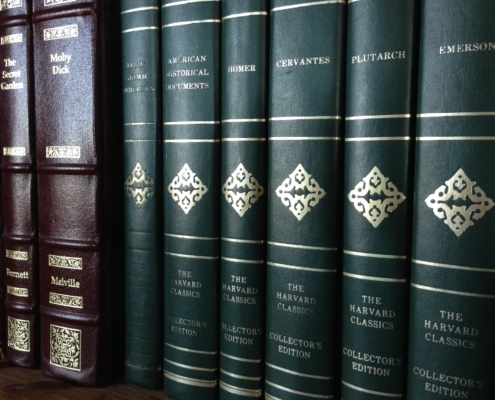
U.S. History and Civics Education: Lacking Standards, Little Knowledge
According to both the NAEP U.S. history and civics test results and a national survey emulating a U.S. citizenship test, students and citizens in America are largely lacking the mastery of the subjects. At a time when history and civics education is highly politicized, we must improve their education to ensure future generations of capable citizens.

Can Massachusetts Reverse the Decline in U.S. History and Civics Performance?
Massachusetts — home to so much history, including seminal events such as the Boston Tea Party — has much to be proud of in its own students’ history and civics performance. Even as policymakers have supplanted typical curricular standards with “engagement” mandates that students participate in progressive activism, national attitudes towards Massachusetts’ civic education have remained envious.

Charter School Success: Importance in Suffolk County and College Enrollment
Learn about how charter schools set students up for success, especially in urban areas like Suffolk county. MCAS scores and college enrollment are stats that point to the impact of Charter schools.
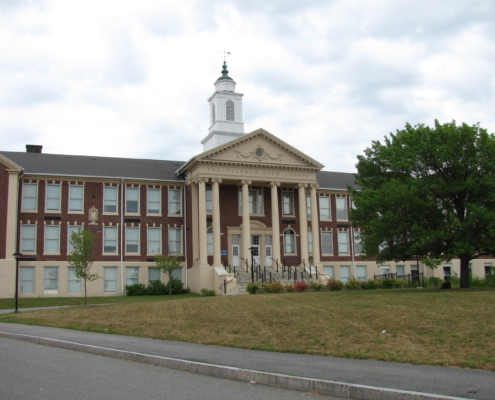
A Bird’s Eye View: Massachusetts K-12 Education by County
Massachusetts has had the best public school system in the country for the past two decades: along with some of the highest per pupil spending as well. Among the counties, does high per pupil spending translate to better results? The short answer: not really.

Jeff Wetzler, Co-founder of Transcend, on Innovation in School Design
This week on “The Learning Curve," Cara Candal and Gerard Robinson talk with Jeff Wetzler, co-founder of Transcend, a nonprofit focused on innovation in school design that works with hundreds of school communities in over two dozen states in America.

School-Age Population Remains Steady, but Boston Struggles With Declining Enrollment
0 Comments
/
Hopefully, new leadership will ensure that the system makes the changes necessary to improve public education in Boston. Otherwise, enrollment declines will continue.
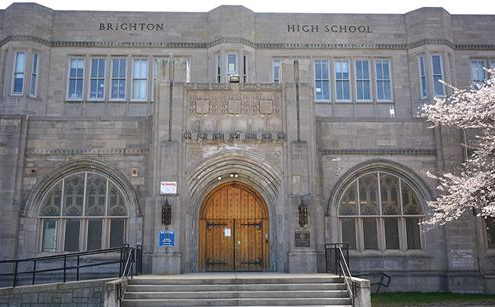
High School Education in Brighton, MA
In 2010, Brighton High School in Boston had an enrollment of…

AEI’s Robert Pondiscio on E.D. Hirsch, Civic Education, & Charter Public Schools
This week on “The Learning Curve," Gerard Robinson and guest co-host Kerry McDonald talk with Robert Pondiscio, a senior fellow at the American Enterprise Institute. He shares his background working with curriculum expert E.D. Hirsch, Jr., who has emphasized the importance of academic content knowledge in K-12 education as well as civic education to develop active participants in our democracy. Pondiscio explains some of the findings of his book, How the Other Half Learns, on New York’s Success Academy charter schools network.

David Ferreira & Chris Sinacola on MA’s Nation-Leading Voc-Tech Schools
This week on “The Learning Curve," co-hosts Cara Candal and Gerard Robinson talk with Chris Sinacola and David Ferreira, co-editors of Pioneer’s new book, Hands-On Achievement: Massachusetts’s National Model Vocational-Technical Schools. They share information from their new book on the story of the Bay State’s nation-leading voc-tech schools, and how accountability tools from the state’s 1993 education reform law propelled their success.
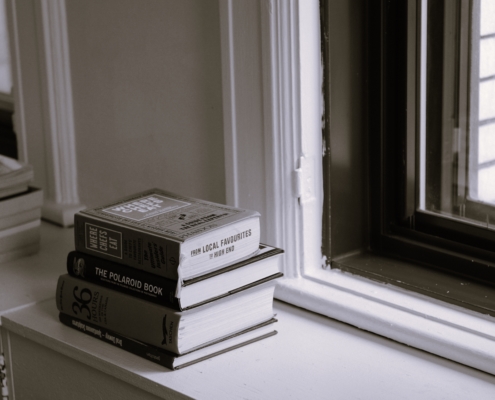
With Declining Enrollment, Public Colleges in Massachusetts Cut Back Adjunct Faculty Positions
The number of adjunct faculty positions is declining at public colleges and universities in Massachusetts.

WV State Sen. Patricia Puertas Rucker on Universal School Choice
This week on “The Learning Curve," co-hosts Cara Candal and Gerard Robinson talk with Senator Patricia Puertas Rucker, a West Virginia state Senator and Chair of the Education Committee. Thanks to her leadership, West Virginia now has the widest, most universal education savings account program in America.
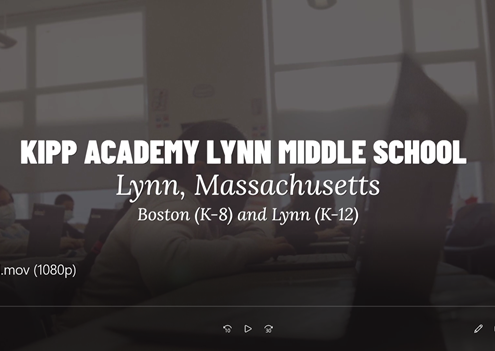
Accelerating Learning at KIPP
KIPP Academy Charter School is working hard to ensure that all students have access to high-quality instruction, especially as children everywhere struggle with post-COVID learning recovery. In this video, KIPP Academy Executive Director Nikki Barnes and KIPP Academy Lynn Middle School Principal Jimmy Seter allowed us into their in-depth discussion of the principles, objectives and strategies they use to foster an environment of encouragement, informed guidance, learning growth, and equity.

UVA Law Prof. G. Edward White on Law, Race, & the U.S. Supreme Court in American History
This week on “The Learning Curve," as the nation prepares for the likely confirmation of its first Black female U.S. Supreme Court justice, Cara Candal and Gerard Robinson talk with Dr. G. Edward White, David and Mary Harrison Distinguished Professor of Law at the University of Virginia School of Law, and author of the three-volume book, Law in American History.

ESPN Senior Writer Howard Bryant on Race in Boston & American Sports
This week on “The Learning Curve," co-host Gerard Robinson and guest co-host Kerry McDonald talk with Howard Bryant, a senior writer for ESPN and the author of nine books, including Full Dissidence: Notes From an Uneven Playing Field and The Heritage: Black Athletes, A Divided America, and the Politics of Patriotism.

Andrew Campanella on National School Choice Week
This week on “The Learning Curve," co-hosts Gerard Robinson and Cara Candal talk with Andrew Campanella, the president of National School Choice Week. They discuss why 2021 was called the “Year of School Choice,” and the implications of more academic options for K-12 education reform across America.

Journalist Bari Weiss on Fighting Anti-Semitism & the Cancel Culture
This week on “The Learning Curve," co-hosts Gerard Robinson and Cara Candal talk with Bari Weiss, former New York Times op-ed editor and writer, and author of How to Fight Anti-Semitism. Bari shares what motivated her to write this book, its reception, and key lessons for teachers and students alike. She also explains why we’re now seeing a rise in anti-Semitism, how educators can best combat it, and the connection she observes between the current upsurge in anti-Semitism and cancel culture.

Lipan Apache Tribe’s Pastor Robert Soto on Native American Heritage Month & Religious Liberty
This week on “The Learning Curve," co-hosts Gerard Robinson and Cara Candal talk with Pastor Robert Soto, a Lipan Apache religious leader and award-winning feather dancer who has successfully upheld his Native American cultural heritage and religious liberties in federal courts. As the country celebrates Native American Heritage Month, Pastor Soto shares his personal journey as a religious leader and describes the Lipan Apache Tribe.
